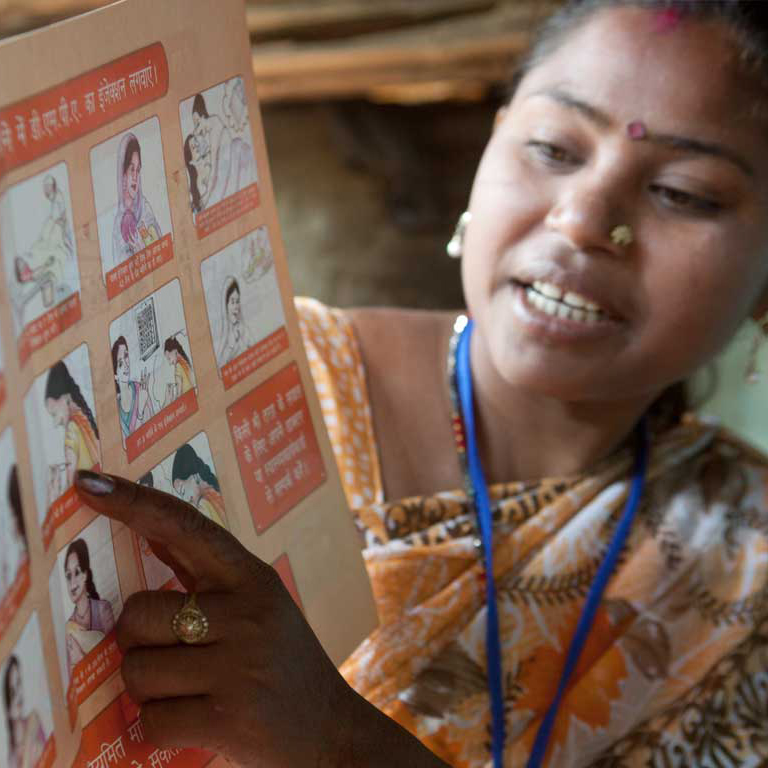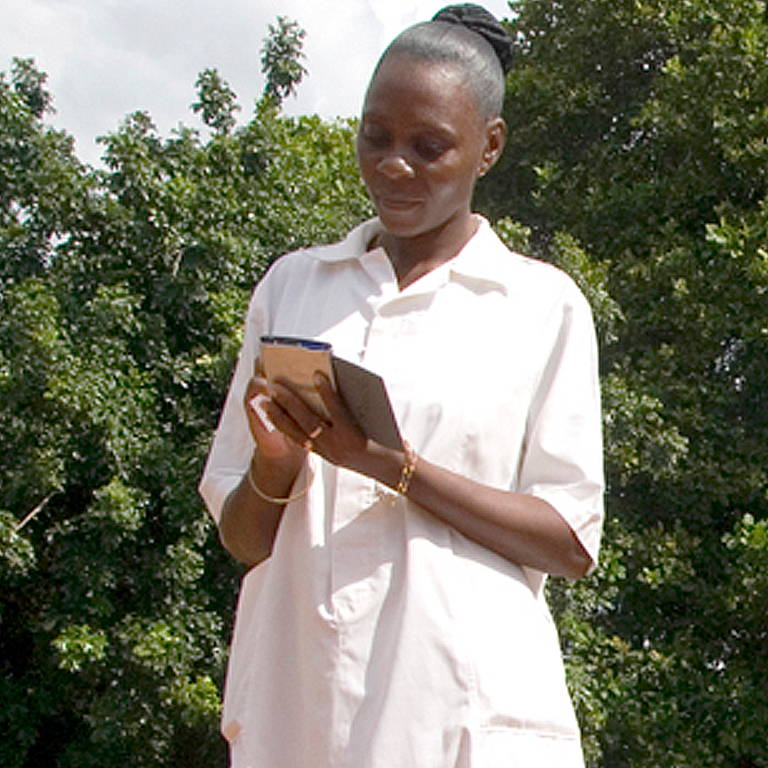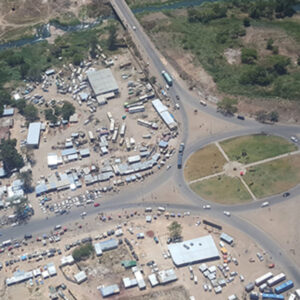Our services
We understand that sustainable change is a long-term investment and inherently incremental. Therefore, we don’t provide off-the-shelf solutions where context-specific approaches are warranted. Rather than striving for the unattainable and unrealistic, we search for solutions that are feasible and practical for a particular context. We believe the best reforms are developed jointly with our counterparts, through a co-creative process that enables them to find their own solutions.

Education Systems Strengthening
FHI 360 works side by side with ministries, communities, schools, teachers and families to create education systems that respond to the complex, dynamic and diverse needs of the people they serve. Our programmes emphasize the use of data for decision making, foster student-cantered learning and promote education in fragile and post-conflict areas. Our programmes help remove barriers to girls’ access to relevant, high-quality education. We facilitate the transition from primary to secondary school (a time when many girls drop out) and improve their academic achievement and completion rates.

Health Systems Strengthening
FHI 360 programmes contribute to improving the performance of health systems and the delivery of high-quality services in resource-limited settings, with a focus on sustainability. Through a continual process of collaboration with local partners and stakeholders, we strengthen health systems functions that are essential to the improvement of public health. Our approach follows a three-step process: 1) measuring the performance of the health system; 2) identifying root causes of performance; and 3) developing solutions with stakeholders.

Emerging Infectious Diseases and Pandemic Response
FHI 360 addresses emerging pandemics and epidemics with expertise that supports health security efforts globally, improving epidemic preparedness, detection and response. We incorporate technological innovations and use cutting-edge behavioural, sociomedical, epidemiological, laboratory and clinical research sciences to understand, prevent and contain these emerging threats.
FHI 360 has worked on outbreak preparedness and response for several pandemic threats, including COVID-19, new influenza strains like the avian flu and H1N1, Dengue fever, Ebola and Zika.

Family Planning
For fifty years, FHI 360 has provided cutting-edge leadership in transforming family planning policies and increasing the availability of high-quality contraceptive methods, counselling and services around the world. We conduct rigorous, multidisciplinary research, with expertise in quantitative and qualitative methods in the fields of epidemiology, clinical research, biostatistics, implementation research, behavioural research, human-cantered design and health economics. Guided by our research utilization framework, we implement studies for broad replicability and scalability. We have proven success in translating research and evidence into policies and programs at global, regional, national and local levels.

Gender, Equity, Safeguarding and Social Inclusion
FHI 360’s effective strategies transform unequal power dynamics and gender and social norms for individuals who have been marginalized, including women, men, boys, girls, people with disabilities, racial and ethnic minorities, LGBTQ people and others.

Civil Society and Citizen Engagement
Our civil society and citizen empowerment and accountability programmes enable citizens to solve their own problems and influence policy. Our approach empowers local partners to use the right tools to strategically identify and implement opportunities to advance citizen-led change and oversight of government. We also recognise the importance of strengthening government’s ability to engage citizens through improved transparency and supporting legislatures, and other state accountability institutions. This approach de-emphasises the differences between “demand and supply” or “citizen and state”; instead focusing on how to successfully link them for more effective engagement.

Public Sector Governance Reform
Good governance is essential to achieving positive developmental outcomes across all sectors. Our approach to governance reform is based on a thorough analysis, allowing an understanding of what is achievable given each situation’s particular circumstances. This approach incorporates an in-depth political economy analysis, and also considers factors relating to local traditions, culture, social norms, ecology, conflict, livelihoods and issues such as gender, age, religion, indigeneity and social exclusion.

Public Financial Management
We take a holistic approach to PFM reform. Rather than tackling them in isolation we develop and implement strategies that ensure functioning PFM systems are in place to serve the wider developmental purpose of poverty reduction through service delivery, economic stability and growth, and fiscal sustainability. PFM reforms should foster citizen understanding of, and participation in, the raising and distribution of public monies – through empowering legislatures, civil society, and media. We also take a politically smart approach to PFM reforms, recognising that spending large sums of money on unused or unwanted reforms represents a significant misdirection of resources in the poorest countries.

Environment and Climate Change
FHI 360 brings multisectoral expertise to design, deliver, evaluate and scale solutions to environment and climate change challenges. Our programmes help communities protect both their natural legacy and their local economy. We help governments, local organizations, communities and the private sector manage watersheds, forests, parks and other natural resources in ways that sustain the environment while meeting economic needs. FHI 360 implements sustainable fisheries programmes that encourage all stakeholders to use responsible management and environmental stewardship practices. Our system-wide approach balances economic, environmental, governmental and social components essential to conserving biodiversity and improving livelihoods.

Adaptive Programming
We were early implementors of some of the concepts around adaptive programming – particularly in designing “politically smart” approaches which emphasised engaging counterparts in reforms that were politically and institutionally feasible within the unique circumstances of each location. We apply these approaches not only to our work directly with governments, but also to empowering citizen groups to use and apply simplified adaptive management tools (to identify engagement opportunities and strategies that are likely to succeed).

Monitoring and Evaluation
We understand that programme evaluation is complex. To provide comprehensive monitoring and evaluation services, we rely on multiple techniques to examine the myriad relationships among different types of data. FHI 360 incorporates evaluation at the program design stage to ensure that research and programme activities produce useful results. We view planning an intervention and designing an evaluation strategy as inseparable activities. In addition, collaboration between project designers and local stakeholders in outlining the process helps to ensure the relevance, sustainability and avoidance of duplication of evaluation activities.

Crises Response
FHI 360 improves the health and well-being of people affected by crises. We work closely with communities and local actors to provide essential health care, nutrition, protection, and water, sanitation, and hygiene services to address immediate needs and support long-term recovery and restoration of lifesaving services.
